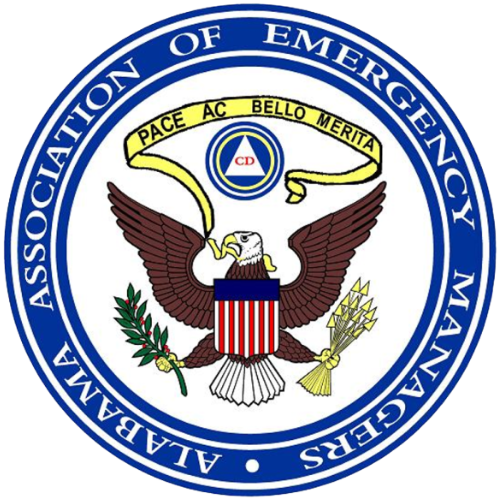Basic Level Certification
Overview
The Basic Level certification is an entry-level certification for emergency managers. This level of certification requires a total of 300 hours of training.
Those who have earned Basic Level certification are entitled to use the BLEM designation.
Required Courses
Beginning May 1, 2024, the following will be the new required core training, and help align new EMs with the EMPG funding requirements:
IS-5 An Introduction to Hazardous Materials
IS-100 Introduction to Incident Command
IS-120 An Orientation to Community Disaster Exercises
IS-200 ICS for Single and Initial Action Incidents
IS-230.d Fundamentals of Emergency Management
IS-235.c Emergency Planning
IS-240.c Leadership and Influence
IS-241.c Decision Making and Problem Solving
IS-242.c Effective Communication
IS-244.b Developing and Managing Volunteers
IS-317.a Introduction to Community Emergency Response Teams (CERT)
IS-700.b An Introduction to the National Incident Management System
IS-800.d National Response Framework, an Introduction
IS-2000 National Preparedness Goal and System Overview
IS-2500 National Prevention Framework, an Introduction
IS-2600 National Protection Framework, an Introduction
IS-2700 National Mitigation Framework, an Introduction
IS-2900.a National Disaster Recovery Framework, an Introduction
IS-2901 Introduction to Community Lifelines
Q-890 Emergency Response to Terrorism. Course is offered through the U.S. Fire Administration: https://apps.usfa.fema.gov/nfacourses/catalog/details/67
Additional Requirements
In addition to the required courses, this level of certification requires:
A total of 200 hours of 'core' curriculum (FEMA and other emergency management training). The required training courses count toward the 200 hour total.
A total of 100 hours of 'optional' training. Optional training includes other public safety and general management training and education.
